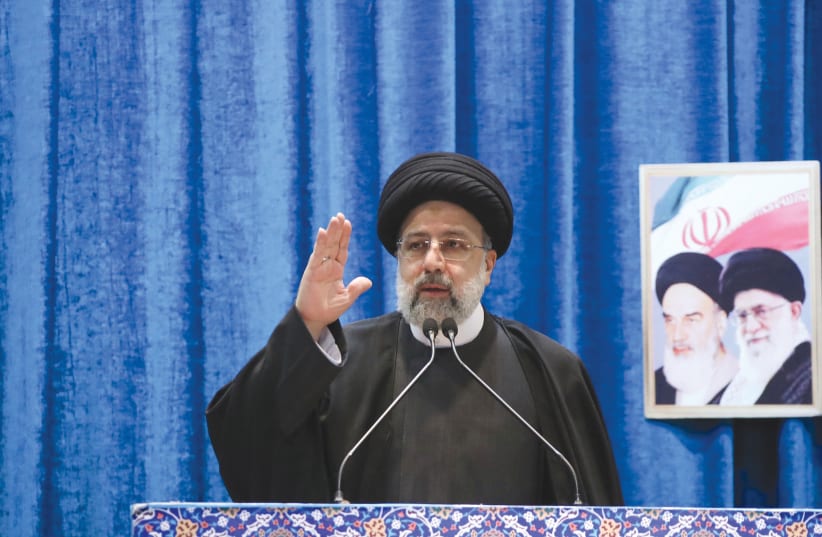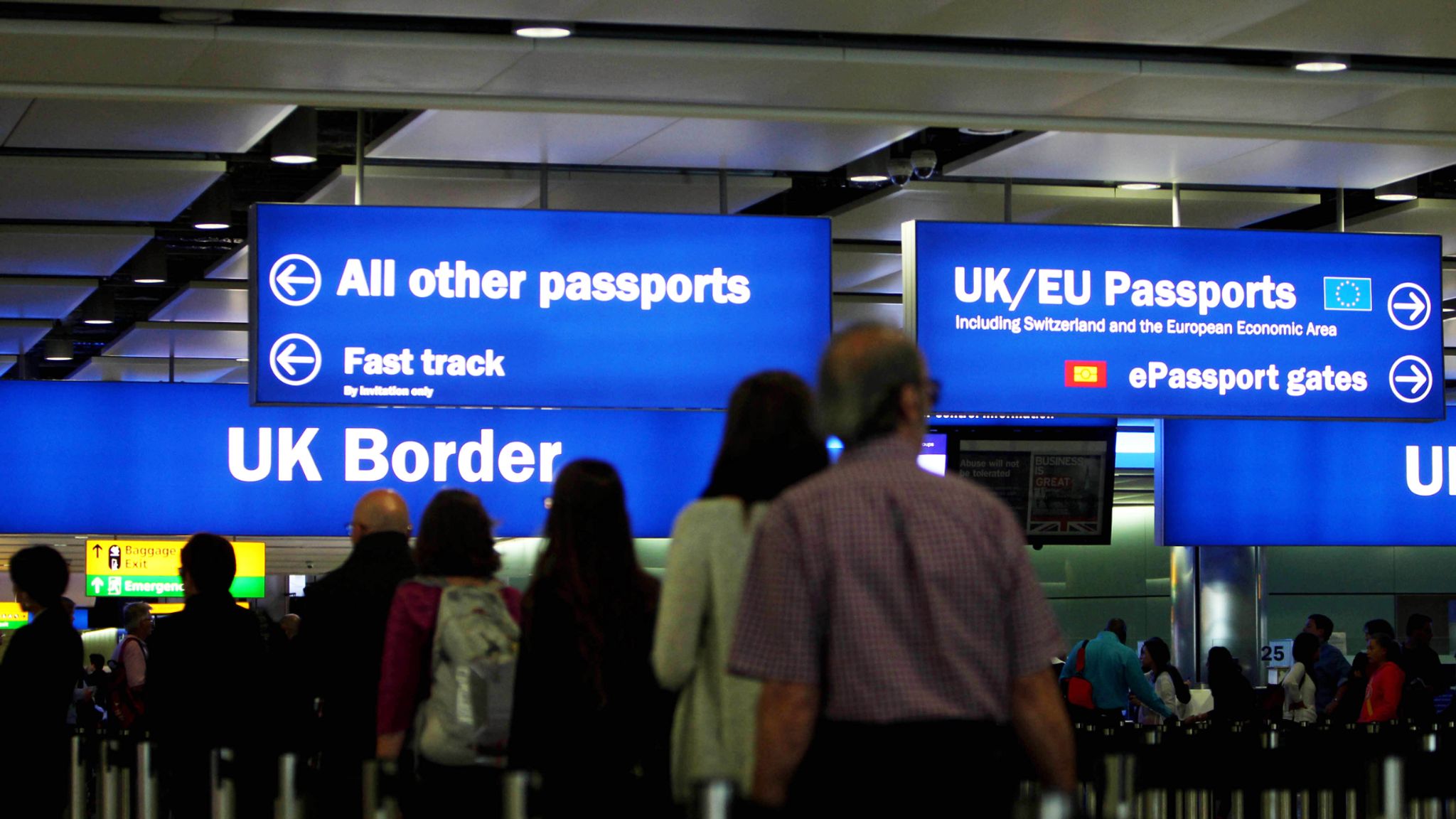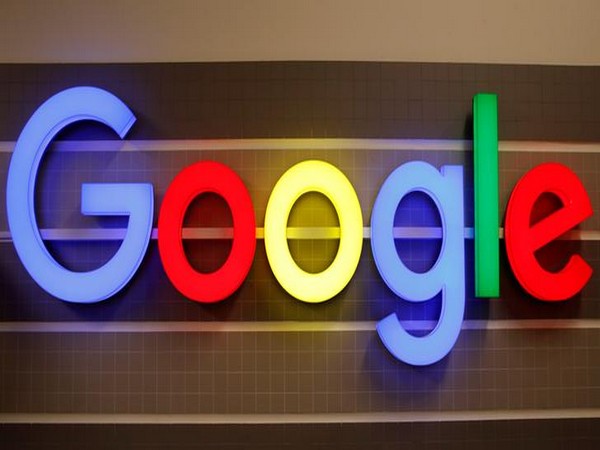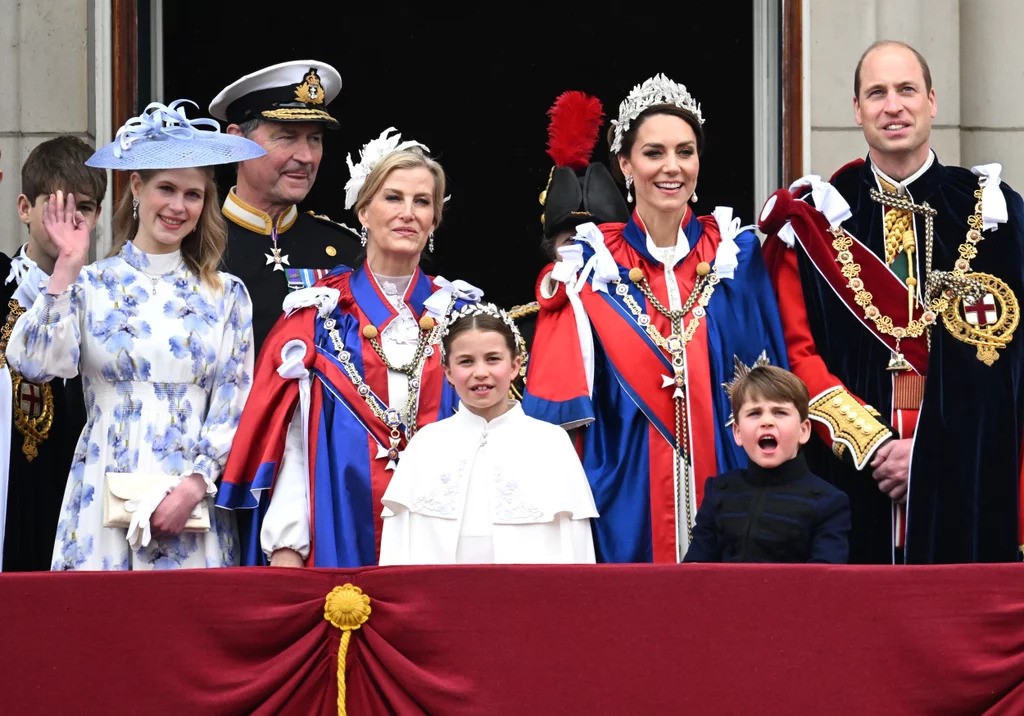I WAS disappointed to read your article Britain supports Mnangagwa bid in last week’s edition. Although one of your journalists did contact us on September 8 2016 and included some of our responses in the article, he did not suggest that he intended to write an article with this editorial line.
As we said in response to your journalist “we do not and will not support any particular candidate, faction or party”. The editorial line that the UK backs a particular candidate is without foundation. You have provided no evidence to support your claim, which is not surprising given the suggestion is entirely untrue.
In addition there is no foundation to suggest that there is a division within the EU on Zimbabwe policy. It is inaccurate to suggest the UK left the EU in June, we remain a full member until negotiations are complete and participate in all discussions on Zimbabwe policy. In order to reduce confusion, we have published a full statement on our position towards the Lima process. We have made it crystal clear that substantial reform is necessary both on economics and on human rights, governance and the rule of law.
Your article does not fully reflect our position, implying that we place less emphasis on the need for reform than some other stakeholders or that we favour “pouring money into Zimbabwe”. No UK taxpayers’ money has been or will be used to directly fund the government of Zimbabwe. I would be grateful if you would print this correction.
John Culley British Embassy.
Dear Mr Culley,
We acknowledge receipt of your e-mail. Thanks so much for your feedback to our story. While we respect your reaction and right of reply, we have serious concerns on a number of issues which arise out of this.
First, we sent you questions on various aspects and dimensions of Britain’s diplomatic relations with Zimbabwe, but much to our surprise your responses were largely limited to retorts, old statements exhumed from the internet and fossilised archival material which did little to answer our questions. It is rather uncharacteristic of diplomats to reply like that, let alone British envoys who are usually experienced, sophisticated and nuanced in their engagements.
On this page, we run our queries and your answers for the benefit of our readers. As to what angle and narrative our story took, I’m afraid it’s our prerogative as editors; not yours.
Second, you squandered an opportunity to tell us your side of the story. We strongly feel you didn’t professionally and seriously deal with our queries; instead you gave us a series of ripostes and old statements disingenuously packaged as answers to current events and issues.
For instance, we asked you what in your understanding are the root causes of the protracted diplomatic fallout between Harare and London, and the state of the relations now, and your response was that it’s a “broad and vague question”, indicating the “history” of that is known. Known to who? Perhaps to you, not us. We don’t think this is a professional reply, let alone a diplomatic one, but a retort.
What we do know though is that Harare and London have different narratives on the causes of the problem, its nature, form and content, as well as how it should be resolved, which is why we needed your side of the story.
You have been unable or unwilling, or both, to answer our questions to explain why the UK — which then together with other EU member states imposed targeted sanctions on Zimbabwe in 2002 — has had a clear policy shift on this issue since 2014. This is important as it goes to the heart of the matter.
Third, as to how Britain now relates to the EU after Brexit, Western diplomats based in Harare tell us some EU countries don’t agree with your new foreign policy path on Zimbabwe and the Lima process as dynamics have now changed and continue fast-changing.
Fourth, whether the UK is still an EU member state or not is largely a technical not material issue. The fact is the UK in June voted to leave EU and this has changed so many things in global geo-politics, including on the Zimbabwe question, although it still has to negotiate a legal and orderly exit.
Last but not least, on the material accuracy of our story, our details show this is true despite your denials, which are not surprising. We don’t expect you to tell us what you secretly do behind the scenes to further your foreign policy agenda and national interest. Truth is what matters the most.
We gave you a right of reply; the professional thing to do, but you didn’t really engage; just kept on-message.
Going forward, we remain open to dialogue. Wish you all the best in your job and other endeavours.
Dumisani Muleya, Zimbabwe Independent Editor.
Culley replies:
Thank you for this and your feedback. I do understand your concerns, but equally on my side you asked a lot of questions with a short turnaround time. Fortunately, in respect of your line of questioning, the UK government engaged in a debate on Zimbabwe last week in the upper chamber of the British Parliament, the House of Lords. The minister responding, Baroness Goldie, did go into more detail on some of your questions — particularly around human rights, the need for reform and the IMF/World Bank processes.
The link to the debate is here: https://www.theyworkforyou.com/lords/?id=2016-09-08c.1128.3&s=Zimbabwe-ZimInd






